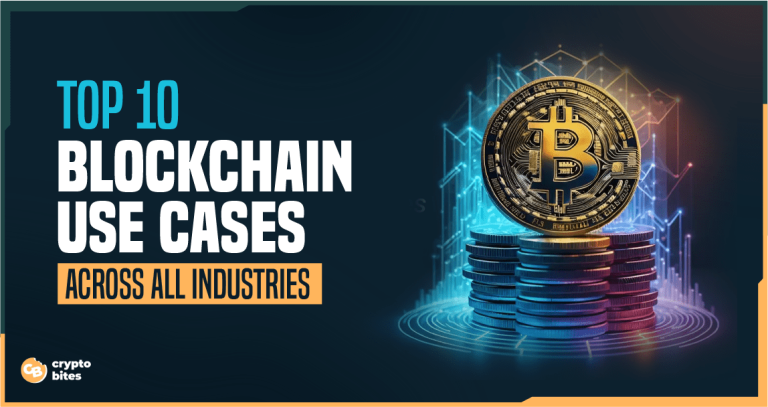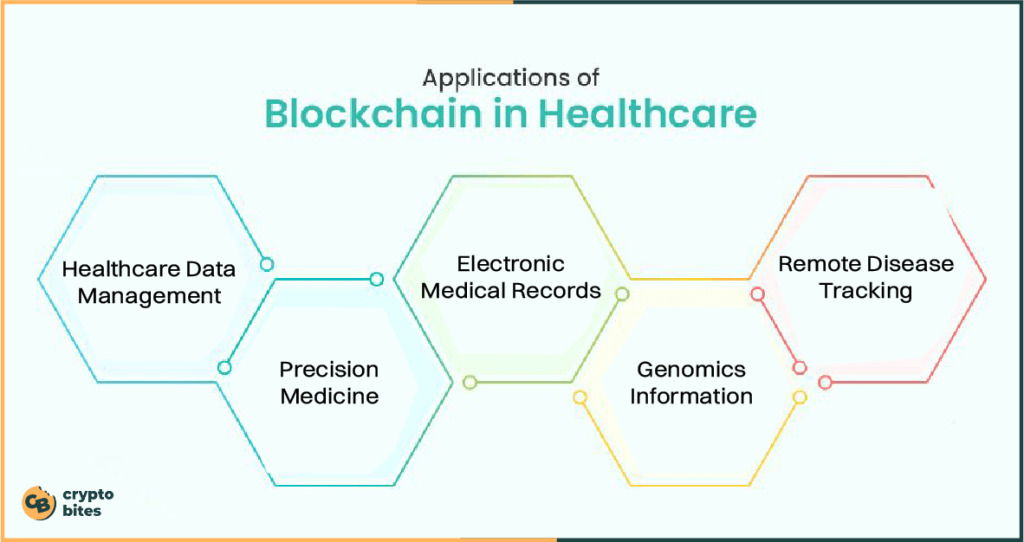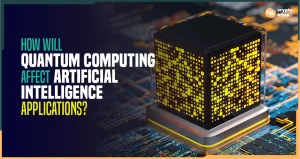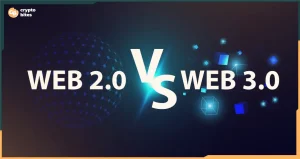
Top 10 Blockchain Use Cases Across All Industries
Blockchain isn’t just about Bitcoin and crypto anymore. It’s reshaping industries left and right, making contracts more enforceable, governments more efficient, and businesses more transparent and fair—all while saving time and money.
The application of blockchain is wide-ranging and that’s exactly what I will cover today. Let’s find out more real-life use cases of blockchain:
Blockchain Use Cases
As blockchain is constantly evolving, it’s expanding its potential everywhere, whether it’s the industrial or non-industrial sector. Here are the 10 most popular blockchain use cases that notably accelerate real-world business growth:
1. Smart Contracts
Smart contracts aim to automate contract fulfillment once specific conditions are met. The system follows simple logic to ensure that each party gets the rewards or penalties outlined in the agreement. And thanks to blockchain, every transaction is securely and permanently recorded.
IBM
IBM has pioneered IBM Blockchain, a groundbreaking platform allowing businesses to create and execute smart contracts for various purposes like digital identity verification and inventory management.
Microsoft
Microsoft, on the other hand, has introduced the Azure Blockchain Workbench. This platform empowers businesses to write and execute smart contracts using a range of blockchain technologies.
2. Cryptocurrency
Cryptocurrency, the cornerstone of blockchain technology, was initially the driving force behind its creation, notably exemplified by Bitcoin. Blockchain’s efficiency in accurately recording transactions while ensuring participant privacy, thanks to the anonymity afforded by cryptocurrencies, has been widely recognized.
However, amidst what has been termed the “crypto winter of 2022,” there has been mounting pressure for government regulation of cryptocurrencies. This call for regulation stems from allegations of fraud, instances of bankruptcy within the industry, and a significant decline in valuation across various cryptocurrency markets. These developments have sparked debates about the future of cryptocurrencies and the necessity of regulatory oversight to safeguard investors and mitigate risks within the ecosystem.
3. Cybersecurity
While blockchains have long been lauded for their distributed, permanent, and transparent nature, which makes them highly secure, recent events have challenged this perception. Despite the absence of a centralized database or entity to target, smart contract flaws and reported security breaches have exposed vulnerabilities.
For instance, in 2022, a breach of Wormhole, a bridge between Ethereum and Solana blockchain platforms, resulted in a staggering loss of $320 million for the latter. Similarly, DODO DEX, a decentralized financial platform, suffered a smart contract hack that cost $3.8 million in cryptocurrency.
These incidents underscore the existence of security issues within blockchain systems. Sybil attacks, where hackers infiltrate the network with false users, phishing attempts, and 51% assaults are among the notable concerns. Thus, while blockchains offer robust security features, ongoing vigilance and improvements are essential to mitigate risks effectively.
4. IoT
In supply chains, blockchain finds versatile applications, including IoT-based inventory management and asset monitoring. Additionally, IoT devices equipped with sensors deployed in diverse environments, from the Amazon jungle to the Arctic, manufacturing plants, or even NASA drones exploring Mars, represent another compelling use case.
According to Aaron Rafferty, the founder of cryptocurrency investment firm R.F. Capital and co-founder of Standard DAO, a blockchain-based community-owned decentralized treasury, blockchain’s potential extends wherever real-world data interacts. Rafferty highlights scenarios such as monitoring chemical data for oil grades or tracking global shipments of electronics through various ports of entry as prime examples of blockchain’s applicability across different industries.
5. NFTs
Blockchain acts as the lifeblood of NFTs, underpinning their creation, ownership, and transfer. Imagine each NFT as a unique digital record stored on a secure and transparent public ledger – that’s essentially what a blockchain is. This ensures the authenticity and prevents fraud by making it nearly impossible to tamper with the information.
Shantal Anderson is the founder and CEO of Reel Mood, a music and pop culture streaming network. “We are using decentralization and the Ethereum blockchain to create a music livestream network where artists and streamers can connect with fans directly, sell their NFTs, receive contributions from fans, and trade in their rewards and contributions for crypto tokens,” Anderson said.
However, just like cryptocurrencies, NFTs’ perceived and actual worth has encountered serious roadblocks. Notably, China has issued warnings regarding NFTs, citing their “crypto-like attributes” and hinting at potential future regulations, although they have not yet been banned like cryptocurrencies.
6. Healthcare
In the realm of healthcare, the possibilities for using blockchain technology seem endless. David Brown, the scientific and program director at Qatar Precision Medicine Institute, highlights various potential applications, such as managing electronic medical records, safeguarding healthcare data, protecting genomics information, and tracking diseases and outbreaks.

One area showing great promise is precision medicine, where medications are tailored to individuals’ genetic profiles to maximize benefits and minimize side effects. This approach also includes genomic-based medications, which are increasingly crucial due to the rising threat of antibiotic resistance in infectious agents.
According to Brown, blockchain provides healthcare providers and researchers with a powerful tool for developing innovative drugs and therapies based on genomic profiles. This integration of blockchain technology has the potential to drive significant advancements and improve patient outcomes in precision medicine.
7. Government
Government organizations are exploring a myriad of blockchain applications, including those pertaining to voting and identity security.
Blockchains offer a secure solution for storing digital IDs, certificates, and even passports, as they are inherently resistant to counterfeiting and tampering. “This data can be accessed and verified transparently at any time,” which would significantly enhance the efficiency of international travel industries.
Similarly, implementing a blockchain-based voting system that is genuinely decentralized, transparent, and secure eliminates the need for intermediaries and mitigates concerns about vote fraud or manipulation. This approach ensures the integrity of the voting process, instilling trust and confidence in democratic systems.
8. Financial Activities
Blockchain technology is revolutionizing various financial applications, including trade finance, which is notorious for its complex and time-consuming processes. According to Agarwal, trade finance transactions often involve multiple steps and concurrent processes that significantly prolong transaction timelines.
However, the bidirectional data flow enabled by blockchain streamlines the trade finance process, making it easier for all parties involved. This efficient data-sharing mechanism drastically reduces the time required to close transactions, shrinking it from the typical 10 to 12 weeks down to approximately one week. As a result, blockchain technology is reshaping banking operations, enhancing efficiency, and expediting financial transactions in the trade finance sector.

9. Real Estate
Blockchain in real estate is a genuine example of smart transactions with minimal paperwork done. By capitalizing on the decentralization and immutability of the blockchain network to the fullest, a direct contract between the real estate owner and the buyer is established, eliminating the need for a broker, or mediator.
A SaaS blockchain channel called Ubitquity, founded in 2015, is now widely adopted by real estate agents to streamline property transactions. By facilitating a transparent ledger to protect ownership records, property data, and contracts, this very platform can restore the power of buyers and sellers without any intermediary intervention or extra commission.
10. Entertainment Industry
Although the media and entertainment industry has always been heavily centralized, with the explosion of digitalization, blockchain is gradually taking over the system. As a result, we see a revolutionary shift in this field by addressing the following issues:
- Copyright infringement
- Data privacy
- Royalty payments
- Intellectual property theft etc.
With its secure, transparent, and effective network, blockchain is all set to enable artists to get their fair share of revenue bypassing intermediary parties. At the same time, data integrity is assured by leveraging immutability to preserve intellectual property ownership.
However, there are some limitations for blockchain in the media and entertainment industry, one of which is scalability. The high transaction fees of this network interrupt the blockchain-based platforms.
Moreover, blockchain technology is yet to reach its peak to transform the entertainment sector forever, since it’s not widely accepted by mainstream audiences.
Hopefully, these issues will be resolved soon and blockchain will redefine the entertainment landscape by introducing a new aspect of content creation and consumption.
Final Thoughts
Blockchain has undoubtedly taken the digital world by storm since its introduction. But its popularity across all industries escalated after the post-pandemic growth of the digital economy.
Blockchain use cases, right now, are expanded far beyond cryptos, thanks to its super secure data management, reasonable operation cost, and rapid data transactions.
If we can tide over its challenges and limitations, it will surely transform the way we do business, for the better.
I hope the list above gives you a fundamental idea about the actual use cases of this groundbreaking technology. To enjoy blockchain’s user-centric benefit, however, you have to figure out which of its inherent features matches your specific business need.




